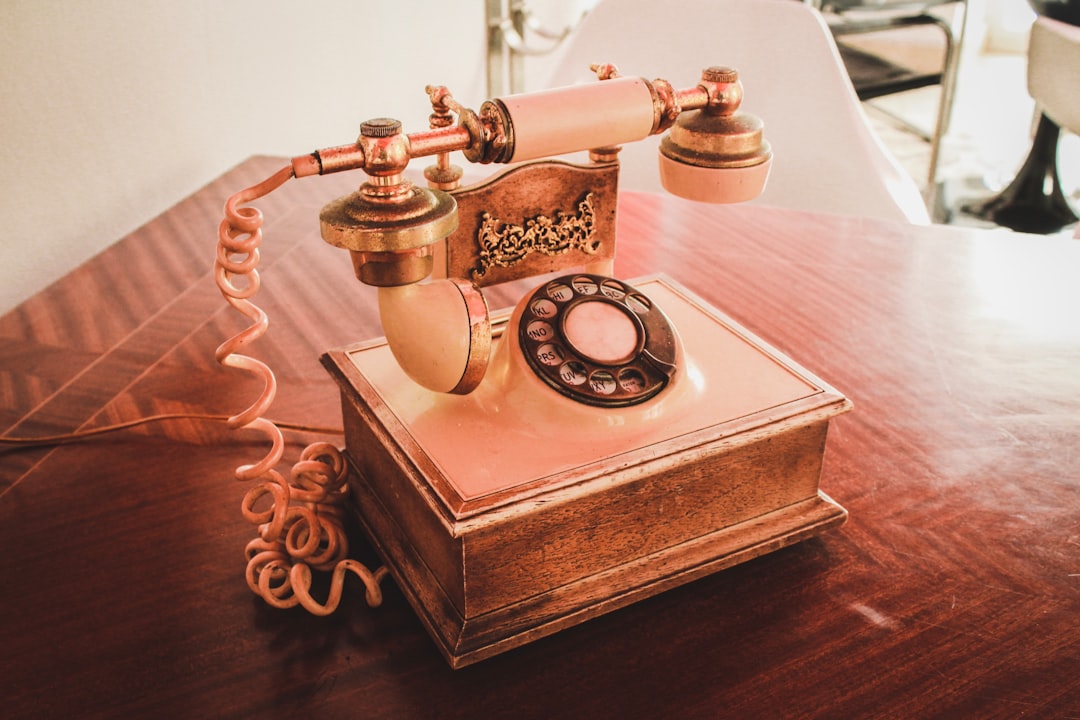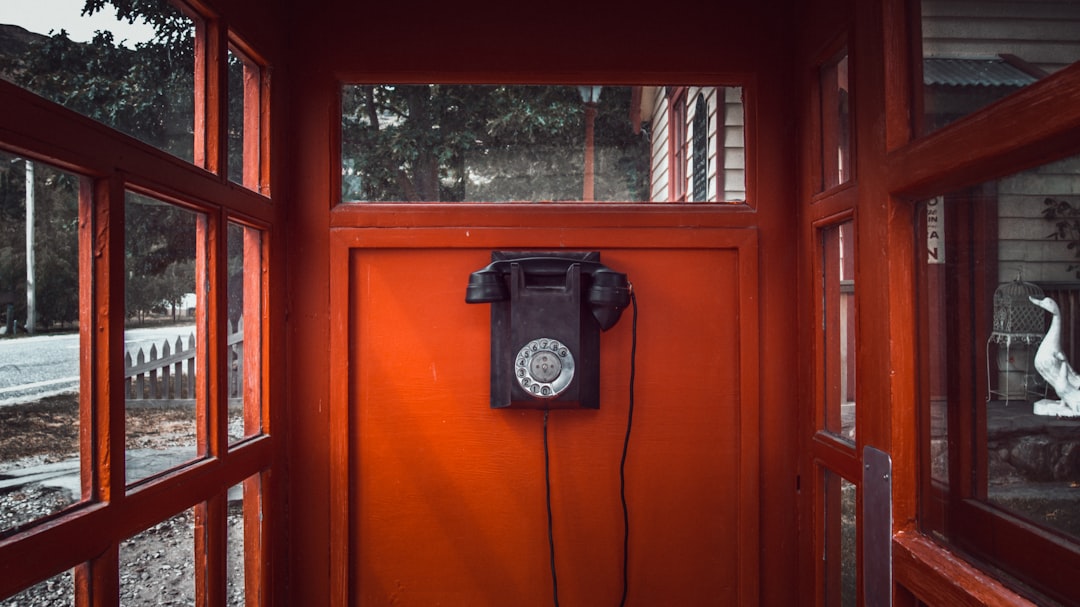In Arkansas, strict "Do Not Call" laws protect consumers from unwanted automated phone marketing by law firms and attorneys. Law firms must obtain explicit consent, respect the state's registry, and offer easy opt-out methods to comply with these regulations, which can result in substantial fines for violations. Consulting a specialized Do Not Call Lawyer in Arkansas is crucial for navigating these laws and protecting individual privacy rights.
In today’s digital age, automated calling systems have become integral to legal communication strategies. Understanding these systems and their role in delivering lawful messages is crucial, especially with regulations like Arkansas’ Do Not Call laws in place. This article guides lawyers and law firms navigating the nuances of automated calls, focusing on Arkansas-specific rules to ensure ethical practices while respecting consumer rights. Learn about ‘Do Not Call Lawyer Arkansas’, ‘Do Not Call Attorney Arkansas’, and how to comply with restrictions for ‘Do Not Call Law Firms Arkansas’.
Understanding Automated Calling Systems: The Basics and Their Role in Legal Communication

Automated calling systems, also known as robocallers, have become a common method of communication in various industries, including legal services. These systems use pre-recorded messages and automated technology to reach a large number of individuals simultaneously. In Arkansas, as in many other states, there are regulations in place to protect consumers from unwanted or abusive phone calls, particularly those from law firms and attorneys advertising their services. The “Do Not Call” laws are designed to give individuals control over the phone numbers they wish to be contacted by.
Lawyers and law firms in Arkansas must adhere to these regulations when utilizing automated calling systems. This includes obtaining explicit consent from potential clients before initiating any robotic calls, ensuring compliance with the state’s Do Not Call registry, and providing a clear and simple way for recipients to opt-out or request to stop receiving such calls. Understanding and following these guidelines are essential to maintaining legal communication practices that respect consumer privacy and preferences.
Regulations Governing Automated Calling in Arkansas: What You Need to Know as a Lawyer or Law Firm

In Arkansas, regulations governing automated calling practices are in place to protect consumers from unwanted phone calls. The Arkansas Attorney General’s Office enforces laws that strictly regulate telemarketing and automatic dialer systems, especially those used by law firms. If you’re a lawyer or represent a law firm in Arkansas, it’s crucial to understand these rules to avoid potential legal repercussions.
Under the Arkansas Do Not Call Act, law firms are prohibited from using automated dialing equipment or prerecorded messages to contact individuals who have registered on the state’s Do Not Call list. This includes calls for telemarketing purposes and even follow-up appointments with existing clients. A lawyer or law firm found in violation may face substantial fines and legal consequences. To ensure compliance, it’s recommended to verify client consent before initiating automated calls and maintain a robust system to track and honor do-not-call requests.
Do Not Call Laws in Arkansas: Protecting Consumer Rights and Ensuring Ethical Legal Practices

In Arkansas, Do Not Call laws are designed to protect consumer privacy and rights. These regulations restrict businesses and organizations from making telemarketing calls to individuals who have registered their numbers on the state’s Do Not Call list. The Arkansas Public Service Commission oversees these rules, ensuring that legal practices remain ethical and respectful of citizens’ wishes.
If you’re looking for a lawyer or attorney in Arkansas who specializes in Do Not Call laws, it’s essential to find a law firm committed to protecting your rights. A qualified do not call lawyer can help you navigate the regulations, file complaints against violators, and recover damages if your privacy has been infringed. They can also guide you on how to register your number and what actions to take if you receive unwanted calls.






